Series Archive
The Readers: Carmen Maria Machado and Following Your Idols
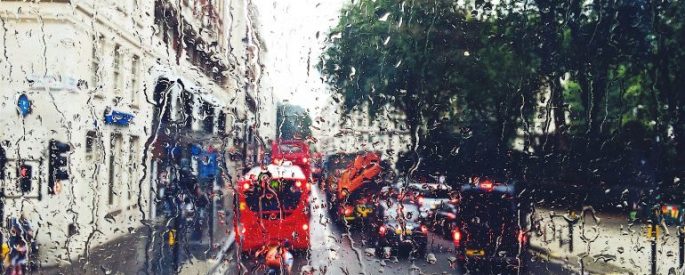
Carmen Maria Machado’s critical work reflects wide-ranging interests, and some of her most exciting writing takes place in reviews of fiction that resembles her own—literature that is speculative, scary, and queer.
Big Picture, Small Picture: Context for Jamaica Kincaid’s AT THE BOTTOM OF THE RIVER
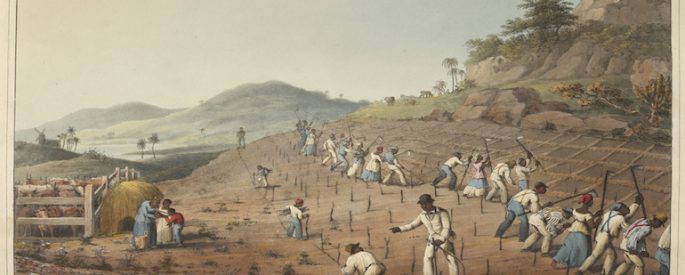
Jamaica Kincaid’s debut book, At the Bottom of the River, is published to immediate acclaim in December of 1983. The thin volume weaves surreal narratives of post-colonial island life, complicated female relationships, and the pervasive longing for self-actualization.
Stories Strangely Told: Me & Barthelme
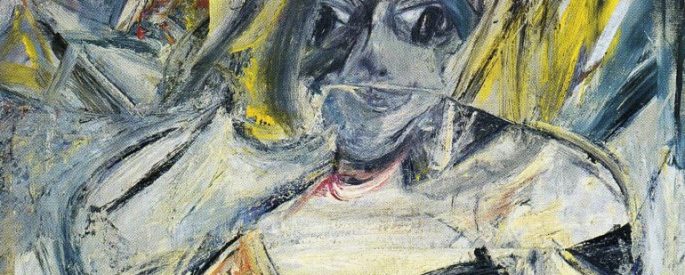
When we first pick up a book, how much buy-in comes from whether or not we actually like it, versus being entirely psychosocially implicated in a culture of reader opinions and college syllabi and corporate marketing tactics and the existence of the Penguin Classics? Is either form of buy-in
Fiction Responding to Fiction: James Joyce and William Trevor

Two Irish masters of the short story, one following quite literally in the other’s footsteps. William Trevor’s story “Two More Gallants,” published in 1986 in the collection The News From Ireland, takes as its subject James Joyce’s story “Two Gallants” from The Dubliners, published in 1914.
The Readers: William H. Gass and Documenting the Self
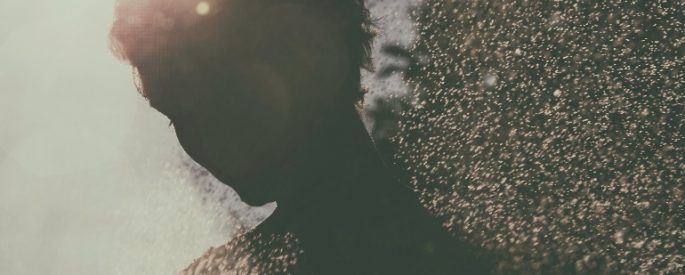
Behaving authentically in the world is never easy or straightforward; critics like William Gass show us, among many other things, that we are not alone in these questions of authenticity, and that we never really have been.
The Black Aesthetic: Scarface Talks Reparations and Resistance
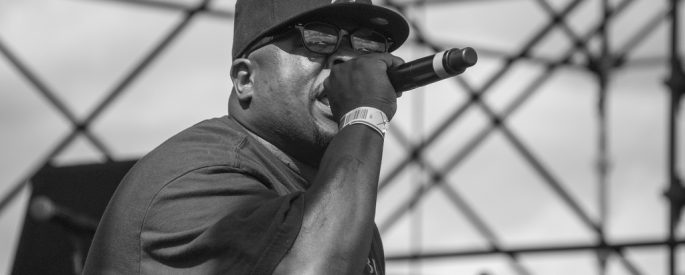
Scarface, a former member of Houston's Geto Boys, has never shied away from politically charged songs. Instead of submitting to the power structure, Scarface seems to be saying, you should empower yourself, learning Black history to create a sense of self-awareness.
Indies Elsewhere: Estruendomudo
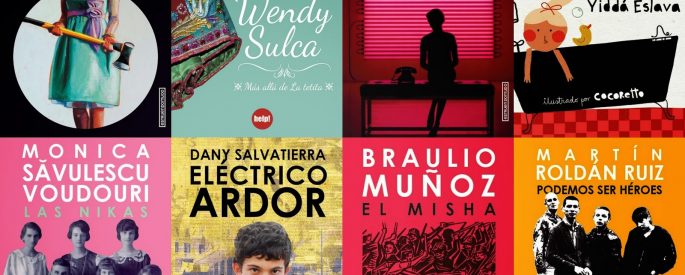
Estruendomudo was conceived in a living room somewhere in Lima, Peru. A group of writers, led by 22-year-old Álvaro Lasso, knew they wanted to publish books but had yet to learn how. Thirteen years later, Estruendomudo is an internationally respected house, with offices in Chile and Peru.
The Limits and Freedoms of Literary Regionalism: Defining Homeland in Sherman Alexie’s Stories of the Pacific Northwest

Sherman Alexie, arguably the most recognized Native writer, has brought both visibility to his hometown and the home of his ancestry. Born in Spokane, Washington to a member of the Coeur d’Alene tribe, Alexie weaves decidedly non-universal narratives, choosing instead to celebrate the specificity of his people in Spokane
Confronting Our Environmental Apocalypse: Gilgamesh
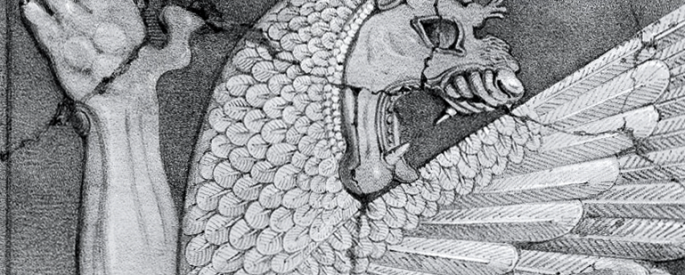
Lost to the world for several millennia, Gilgamesh reappeared in 1853, when an archeological team in present-day Iraq discovered a collection of broken clay tablets containing a long poem that predated the Bible and the Homeric epics by as many as 1000 years.
Imagining the Anthropocene: Joan Naviyuk Kane’s Milk Black Carbon
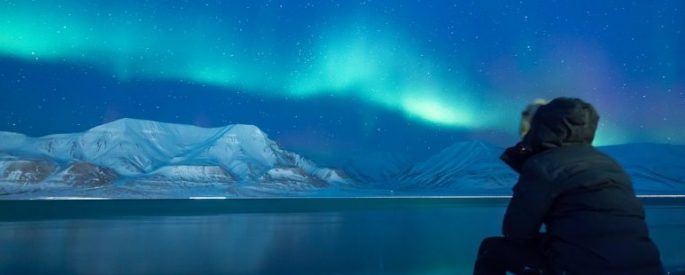
In Milk Black Carbon, Inupiaq poet Joan Naviyuk Kane transports readers to the climatic fault lines along her Alaskan homeland’s mountains, ice, and sea. Through a rigorous, proximate gaze and precise linguistic hybridity, Kane unlocks moments of felt thought in which personal, cultural, and geologic experience converge.